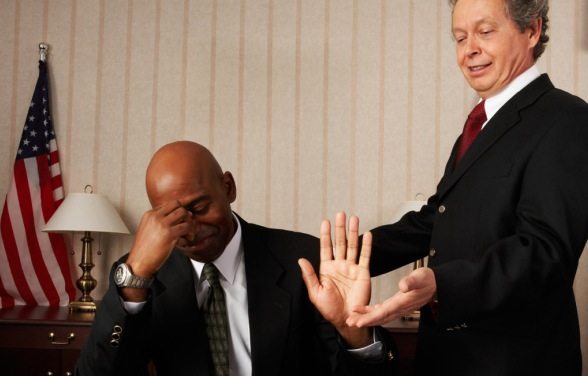We love to hate our elected officials. It seems like the American system of representative-democracy is based off of a cycle where we elect leaders and then become disillusioned with them. There is a logical reason why this happens.
A local television station in the Phoenix area has a commercial promoting what their news team is doing for you, and they run through a series of short sound bites. One of their claims is that they are “exposing corrupt politicians.” I know that not every elected official has always been honorable and upright, but it bothers me that we frequently present elected officials as being bad. While I was on the Phoenix City Council, my 16-year-old nephew told me that a high school teacher announced to his entire class that every elected official is a liar.
I have had the privilege of getting to serve in public office and the insights of having worked on numerous campaigns in different capacities over the years. Almost every candidate and elected official I’ve encountered has had good intentions and seemed to want to serve the people they sought to represent. While they have had different worldviews, different perspectives and different parties, I can’t remember a single one of them seeking office in order to fleece the public, and yet, that is a fairly common claim nowadays. I still have friends in office. In the face of controversy, they agonize over tough decisions. They lose sleep at night trying to do the right thing.
The truth is that often we determine whether an elected official is good or bad based on whether they do the things we personally want them to do. For instance, if I’m opposed to a rezoning case and an elected official voted in favor of it, he or she is doing a lousy job of representing me! But what happens when the public disagrees? What happens when neighbors, businesses and property owners are diametrically opposed to one another? Someone is leaving that scenario unhappy with their elected representative.
In our American system, politicians aren’t supposed to just do what the majority wants. We elect people to office, and they are not required to vote in a way that represents a majority of their constituents. There are times in our nation’s history when the masses didn’t stand on the correct side of an issue. John Kennedy wrote a book called “Profiles in Courage” in which he detailed numerous stories of elected officials who stood for principle in the face of public opposition. Today, we call that an unresponsive government. If a politician doesn’t vote the way the people demanded, he must be corrupt and self serving.
None of this is new.
In the Bible, King Solomon was asked by God what he wanted. He responded by saying he sought wisdom. When he had a chance to ask for anything, he asked or something that seemed to benefit himself. This wasn’t a selfish request. His intent was to be wise for the benefit of the people over which he ruled.




